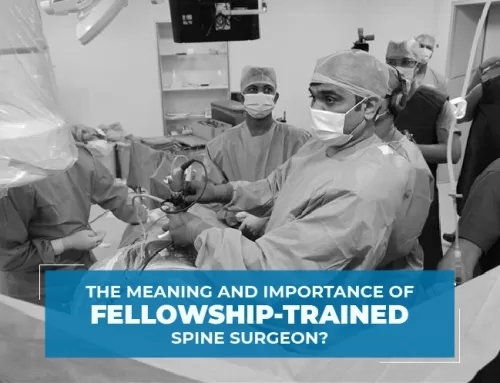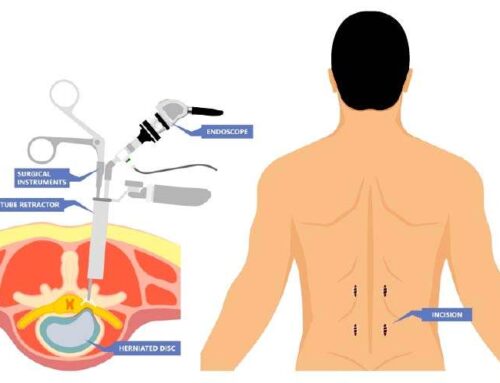There are different types of heart disease, and each has its symptoms and treatment. For some, lifestyle changes and consulting with the Best Cardiology Hospital in India can make a massive difference in improving your health. For others, you might require surgery to make your ticker work well again.
Let’s check some of the common types of heart disease and how to prevent them as well as how they’re treated.
Types of Heart Disease
Congenital Heart Defects
An individual with a congenital heart defect is born with a heart issue. There are different types of congenital heart defects, including:
Congenital heart disease can include major structural problems, such as the absence of a ventricle or issues with unusual connections between the primary arteries that leave the heart.
Congenital Heart Defects
An individual with a congenital heart defect is born with a heart issue. There are different types of congenital heart defects, including:
Congenital Heart Disease
Congenital heart disease happens when something doesn’t go in the right way while the heart is forming in a baby that is still in the womb. The heart abnormality might lead to issues right after birth. However, other times, there aren’t any symptoms until you turn into an adult.
Septal abnormalities are one of the most common congenital heart problems. The holes in the wall divide the left and right sides of your heart. You can get Pediatric & Neonatology Cardiac services at the Best Cardiology Hospital in India and patch the hole.
Dilated Cardiomyopathy
The heart chambers become dilated in dilated cardiomyopathy, meaning that the heart muscle becomes thinner and stretches. The fundamental causes of dilated cardiomyopathy are early heart attacks, arrhythmias, and toxins, although genetics can additionally play an essential role.
Thus, the heart becomes weaker and can’t pump blood properly. It can result in blood clots in the heart, arrhythmia, and heart failure.
The Best Cardiology Hospital in India suggests that it usually affects people aged 20–60 years. When you see the symptoms, make sure you consult with the heart specialist at the Best Pediatric Cardiology Hospital in India.
Arrhythmia
Arrhythmia is an irregular heartbeat. It happens when the electrical impulses coordinate the heartbeat that does not work correctly. Therefore, the heart may beat too rapidly, too slowly, or erratically.
There are different types of arrhythmias, including:
An individual may notice a feeling like a fluttering or a racing heart.
Symptoms
The symptoms of heart disease are based on the particular type a person has. Moreover, some heart conditions cause no symptoms.
That said, the below-listed symptoms may showcase a heart problem:
Causes
Heart disease develops when there is:
Treatments
The treatment options will differ based on the type of heart disease a person has. Still, some common strategies include making lifestyle changes, taking medications, and undergoing surgery at the best Health Treatment in Ahmedabad.
To better understand your personalized risk for heart disease or discuss your symptoms, request an appointment with a physician at Asian Hospitals. The Best Heart Specialist Hospitals in Ahmedabad will work with the individual to find a suitable option.




